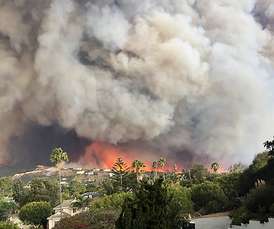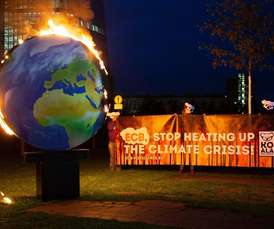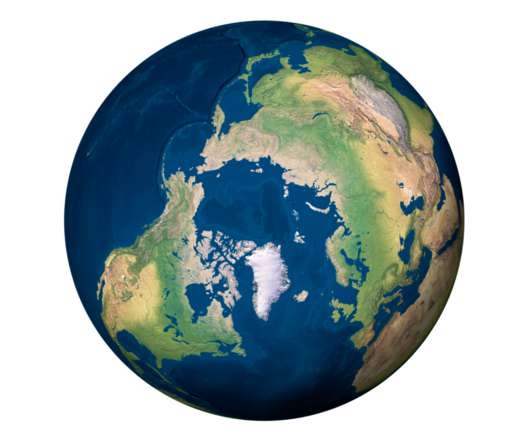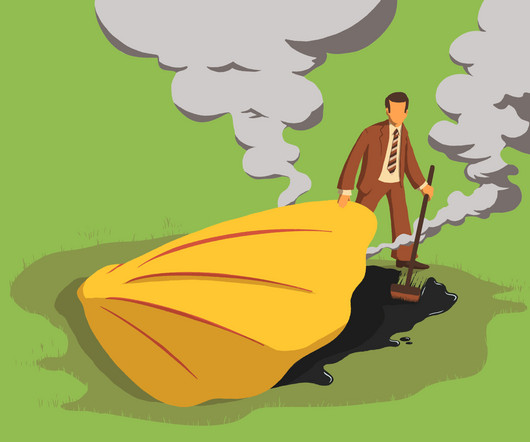'Every fraction of warming matters': World careering towards irreversible climate impacts, top scientists warn
Business Green
AUGUST 9, 2021
Climate change is accelerating and intensifying across every region of the planet, bringing with it increases in rainfall, flooding, drought, heatwaves, and sea levels that are already having significant implications for economies around the world.















Let's personalize your content